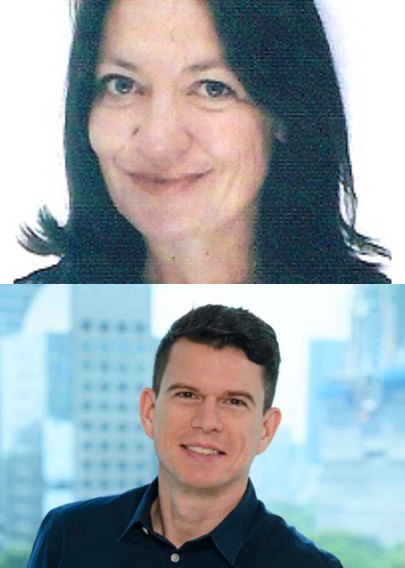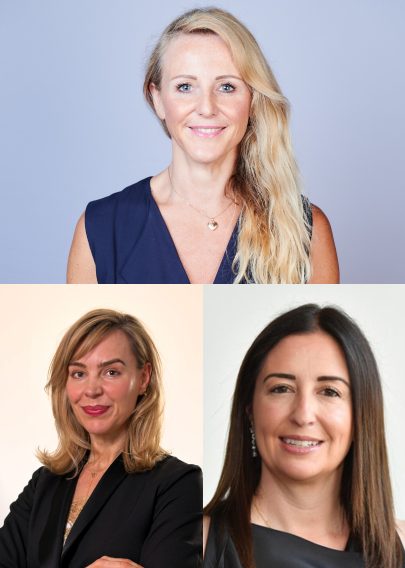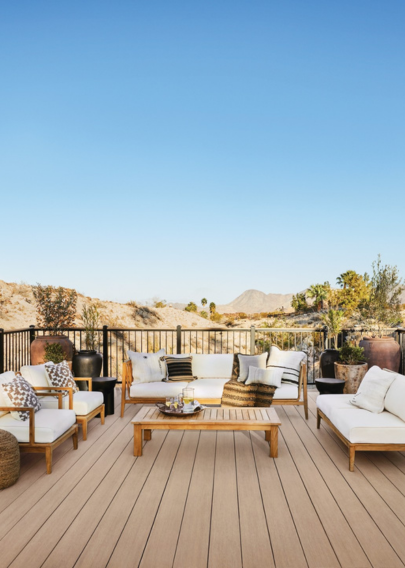Alyssa Auberger has been working at Baker McKenzie for over 20 years, and in addition to being an M&A Partner based in Paris, she is also the Firm’s Global Chair of the Consumer Goods & Retail (or CG&R) Industry Group. In that role, she not only helps the Firm’s clients, including several companies in the CG&R sector, navigate multi-jurisdictional transactions, but also helps them negotiate and implement partnerships, and address the commercial and legal issues raised by their global strategy roll-out. In light of her extensive experience in the industry – and Baker McKenzie’s sponsorship of our 2020 Positive Luxury Awards – we chatted with Alyssa about responsible growth, how globalisation has changed, and what barriers luxury brands face today as they take on the Sustainable Development Goals.
. . .
How have you seen sustainability change over the years when it comes to global regulations?
In terms of global regulations, I would say it’s an evolving space. As of right now, there is not a uniform, harmonised approach, but rather isolated pieces of legislation and regulations across different jurisdictions and they are not all the same. My personal view is that we will move towards more uniform requirements. Similarly, right now, there is a lot of voluntary reporting in the sustainability space, but I think that over time it will become mandatory to report on your sustainability progress – we are starting to see this sort of mandatory reporting in some jurisdictions, but again, I think it will become more uniform over time.
What should brands be doing in 2020 to make progress towards achieving their sustainability objectives?
There are a number of things, depending on which Sustainable Development Goals you’re looking at. You can move to green energy or implement strategies to lower or offset your carbon footprint. You can look at your production more intelligently in order to reduce overproduction and generate less waste. You can encourage your customers to return products for re-use or recycling into new raw materials. You can look at your packaging and avoid excessive packaging or use of non-reusable materials in packaging. Then there are things around gender diversity and earning a decent living wage – for example implementing diversity targets and addressing the gender pay gap. While going carbon neutral overnight might be difficult, there are a number of things that brands can do that advance on the 2030 goals – and most of them are just the right thing to do.
What does CSR look like at Baker McKenzie?
We have focused our on sustainability strategy on the environmental, social and governance issues that are most material to our business. For us as a professional services firm operating globally, this includes issues like diversity & inclusion, the wellbeing of our people, climate change, and business ethics, among other topics. We have been a signatory to the UN Global Compact since 2015 and that has been a very helpful framework in shaping our focus as well. In recent years, we’ve actually gone on a similar journey as our clients – we’ve done a materiality assessment, we’ve identified which of the Sustainable Development Goals we feel we are best placed to support – this has formed the foundation of our efforts. In addition to ensuring our program is substantive, it also helps us be more credible with our clients because we can relate to their journey and can speak the same language. We have begun setting targets to drive progress – for example we recently announced a series of carbon emissions reduction targets, including a reduction of emissions from energy consumption of 92% by 2030. Last year we announced a series of new aspirational gender targets – by 2025, we hope to achieve 40:40:20 per cent gender diversity (40% women, 40% men and 20% flexible, e.g. women, men or non-binary persons). We are the first law firm to set such an ambitious target, which applies to Partners, senior business professionals, Firm committee leadership and candidate pools for recruitment.
We are also working in partnership with the UN and others to support its Action Platform for Peace Justice and Strong Institutions linked to SDG 16. While peace, justice and strong institutions are core to sustainable business, it can be difficult for business to understand concretely how these concepts relate to a business’s strategies, operations and relationships. So, the objective of the Action Platform is to ‘translate’ SDG 16 for business – helping business understand in tangible terms how they can support the objectives of SDG 16.
When your clients are expanding, how does sustainability come into play when they are planning their growth?
Sustainability or CSR has become a core part of companies’ development strategy, whether global or domestic. Fifteen years ago, when somebody wanted to go into a new jurisdiction, their concerns were largely around choosing the appropriate structure – for tax and liability purposes and we often saw expansion handled country by country rather than with an overarching global view. Now, clients are looking at expansion more holistically, to ensure that there is more consistency in business practices and strategy implementation as they expand into new territories and there is more focus on their global supply chains than before. To take one example, there is heightened awareness of issues such as modern slavery – beyond the notorious high-risk jurisdictions which may not be as regulated as others; now, clients are looking at their practices globally and saying ‘how do I put the right practices in place’ globally.
What is the biggest barrier to growth right now for luxury brands?
Geopolitical tensions are causing people to rethink where they want to produce and sell, and are encouraging brands to create structures that help them to not be dependent on one supply source or one customer market and to become more nimble. For example, moving some of your production out of China is probably a good idea so that you are not dependant on China and have a way to shift production to minimise the impact of tariffs. Similarly, with Brexit looming, you probably don’t want all your eggs in the UK basket. For brands that aren’t sufficiently spread or don’t have alternative production sites, this inability to be able to shift nimbly can be a barrier. All companies should be thinking about how to adapt their supply chain and production to take into account what may be happening elsewhere.
You’ve worked at Baker McKenzie for more than 20 years. How has growth changed over those two decades?
Things are more global, and the world has become much smaller. Even if regulations across the world aren’t identical, the trends we see tend to be much more global than they used to be, and sustainability is just one of them. Everybody is moving in the same direction; even if the legislation might be on different levels, everybody is identifying that sustainability is important.
Because sustainability and CSR has a more prominent place than it used to, the decisions companies make will not be taken lightly. I think companies will examine practices more carefully before they implement them than they did before, which will likely be exacerbated as auditing and due diligence aspects increase. The price to pay for not knowing who you are doing business with is too great and growth will therefore need to be better informed.
< Back








